High Noon
In the sparse environs of an isolated sun-beaten town,the day seems off to a happy auspicious start. The hero and heroine have committed themselves to conjugal bliss,the small crowd at the modest function is jolly,and the priest having discharged his ceremonial obligations ,cheekily claims his ancient right by planting a kiss on the bride’s pretty face.
The couple make an unlikely portrait- the rugged lean middle-aged visage of the groom Will Kane (played by Gary Cooper- a veteran quiet-tough hero of many Westerns) and the pristine beauty of his bride - Amy ( Grace Kelly- classic Hollywoood queen and eventual Princess of Monaco starring in her first major role) Will has been an audacious marshall carting away criminals & paving the way for civility and development in the raw American town of Hadleyville featured in this story. Now ,after presumably a lifetime of tough fights and subsequent canters into the sunset,he is all ready to ride away in the marital carriage under a bright,high sun (with this also being his first day after finishing his term as town marshall). Suddenly, there occurs bliss interruptus as Will,just minutes past his nuptial event, comes into the receipt of the following dark tidings- Jack Kolby (Lee Van Cleef)- the man he had sent away to hang for committing murder 5 years ago, has just been released...And he’s headed straight towards Hadleyville due to arrive by the noon train -his three cronies await their boss’s return at the station.
Shaken but not stirred to flee, despite urging by almost all the townsfolk to scram out of town,Will digs his heel in and decides to enlist fellow fighters to flank his counter-attack. Instead of running the risk of being attacked in the middle of nowhere with the additional vulnerability of protecting his wife,Will reckons that here in town,with the help of its grateful denizens,he’ll be better able to weather the hazard. Expecting help but only receiving escapist rationalization and excuses, he strides and then tiredly struts from from pillar to post to saloon to church,with measured desperation and melting hope. Paulo Coelho might have said the world conspires to help you achieve your dreams, but apparently it seems equally true that sometimes people will conspire ,whether you like it or not, to make you accomplish certain tasks all alone!
High Noon is a top-tier Western - it ultimately discharges the quick-gun obligations of the genre’s archetype, the movie’s actual run-time of 85 minutes is admirably syncronized with the duration of the plot’s events which transpire from 10-35 am to 12 noon; and the movie is a cutting social comment ,inspired by a dark phase in American domestic history. Although the script borrows its template from a Collier’s magazine story "The Tin Star" by John W Cunningham,the final screenplay was crafted by Carl Foreman- his last work before a blacklist exile to London.Foreman was among a long list of casualties affected by Republican Senator Joseph McCarthy’s highly irresponsible,damaging and unsubstantiated claims that there were a large number of Soviet spies,communist sympathizers inside the US federal Govt. and elsewhere.Taking advantage of the post-WW2 cold-war tension,these allegations uprooted many innocent people’s lives & careers- their well-wishers didn’t defend them for fear of themselves getting a similar tag."Good Night and Good Luck" (2005) directed by George Clooney directly addressed this phase,but ended up preachy and turgidly speechy. "High Noon" ,on the other smart rein,imports this real-life theme into the anatomy of a Western,and not only makes a quiet sharp statement but also sculpts a plot of mounting excitement.
Will thinks he’ll get help to fire back,but there’s one small-spirally-to-big problem - his term as town marshall has ended that very day,with the new marshall due to arrive only the next day.This may squarely mean that Will is now an unofficial commoner & his feud with the feared Jack might be construed as a purely personal one,that may indeed be nobody else’s business..Resultant to this tacit reasoning,Will’s deputies peel away -one first agrees but blanches on knowing that no one else is volunteering , another offers help only if his undeserved wish to become the next marshall is recommended by Will. The few people who bravely offer their services are either too weak or too young to wage an effective attack. Will also gets hurt where it most hurts- Amy- his brand new wife promises to give him the old heave-ho and leave town by the very next train if he wants to go ahead with this seemingly fatalistic plan.Unlike Jaya Badhuri in ’Sholay’,Amy is the modern femme deeming it unfashionable to play the silently mourning widow of the martyr! The judge who sentenced Jack also packs his bags and flees town. The rest of the town acknowledges and appreciates Will’s efforts to give order to this untamed outback,but diplomatically refuse to stick out their necks for him when it matters the most. Parched for support,when Will finally turns to his retired mentor Howe, the ageing man delivers the opposite of a Brahmopadesha’!- "Its a great life. You risk your neck catching the killers & the juries turn ’em loose so that they can come back and shoot at ya again.If you’re honest you’re poor your whole life,and in the end you wind up dyin’ all alone on some dirty street. For nothin’...for a tin star ."- stark lines which find an echo in the weary words of cops in several future films from all over the world.
I must admit that this 1952 film didn’t make as good an impression on me the second time as it did on first viewing- although to be fair that has happened with me apropos some other top films also.But there’s no denying the solid manner in which this film slowly gains momentum ,the evocative climate of the arid compact town and its thankless frontier soul , the pic’s sound dramatic credentials,excellent camera-work and how it crescendoes not during the climactic fight (which isn’t all that it could have been) but just before it. I refer to an expertly edited sequence at a late stage in the film when the background music generates frisson while the lens sequentially covers the suspenseful faces of various folks all over town as noon ticks closer and closer, the tension escalates showing the rocking chair in which the condemned Jack had sat years ago swearing revenge and then the montage cuts to the view of the train tracks stretching from foreground to horizon- a train whistle neatly slices the mounting silence -the villain is finally here!
There’s also another emblematic sequence as the camera pulls back and stays high above to regard the marshall all alone in the deserted town street- Will looks about with narrowed eyes and a sweaty,furrowed brow- reckoning perhaps that as one is born alone,and dies alone,and experiences a fair deal of life’s joys alone,the symmetry of logic dictates that he must now fight all alone to salvage his own hide. Fred Zinneman - the director of other famous movies like "From Here to Eternity" and "A Man for All Seasons" went on to direct "Day of the Jackal"- a disappointingly prosaic transfer of Frederick Forsyth’s iconic novel. But Zinneman’s directorial instinct ably suits the structure and style of ’High Noon’. This is a darn good example of a lean mean Western, and a sobering,darkly exciting story of a man who is forced into a lethal challenge,even when his married life has barely begun.

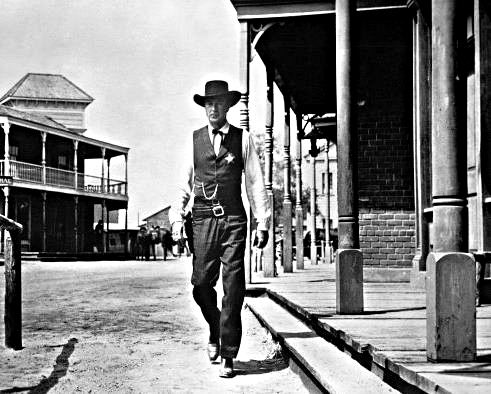
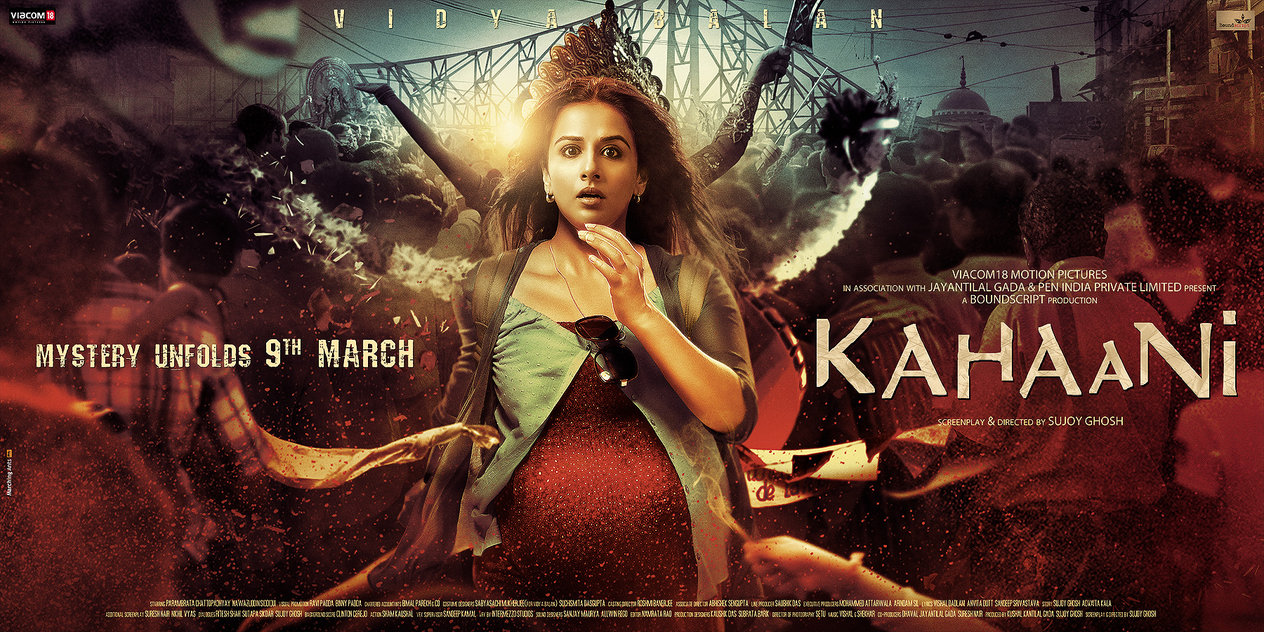
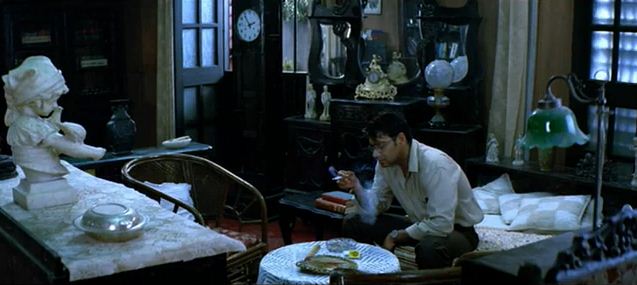
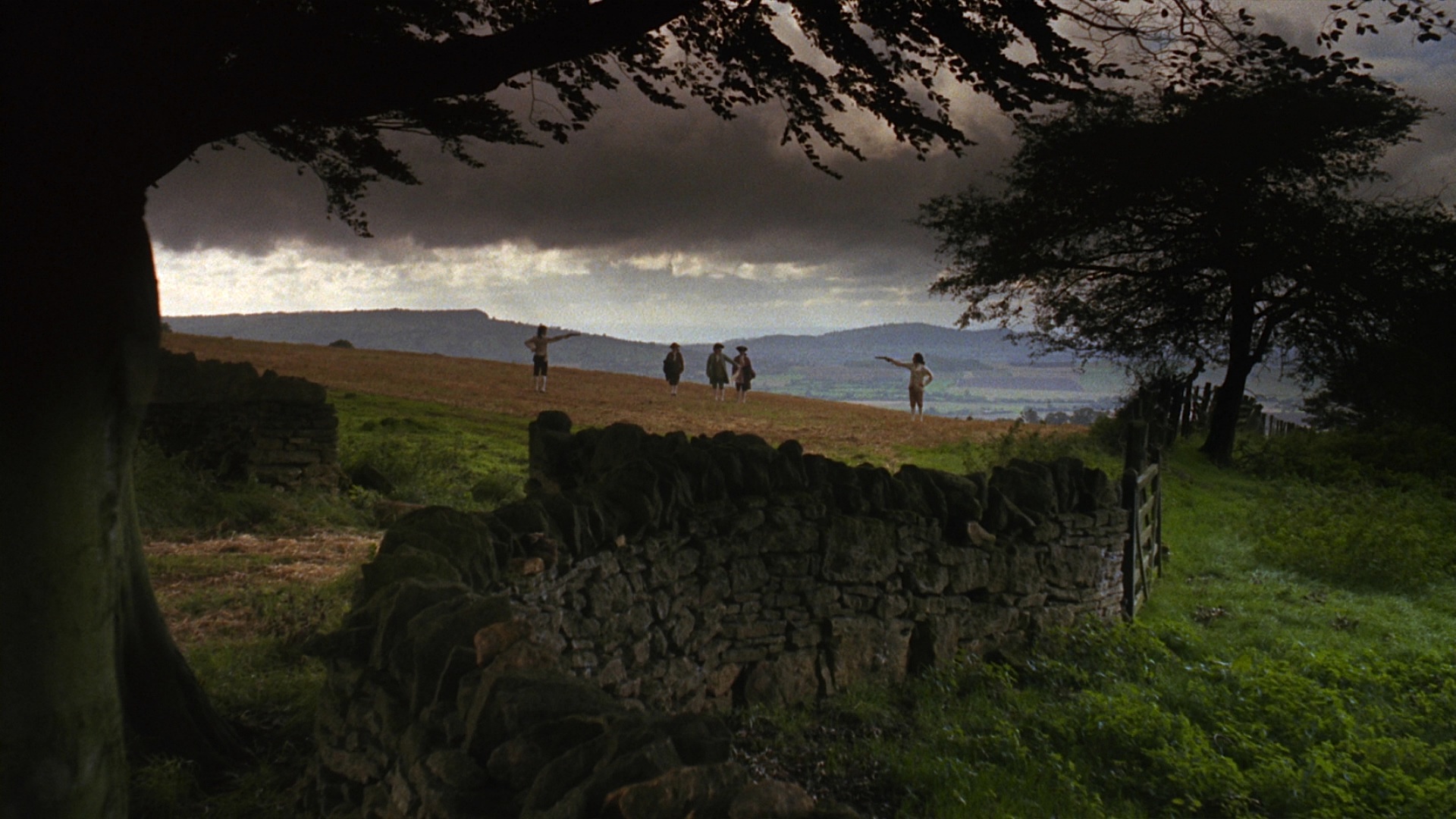
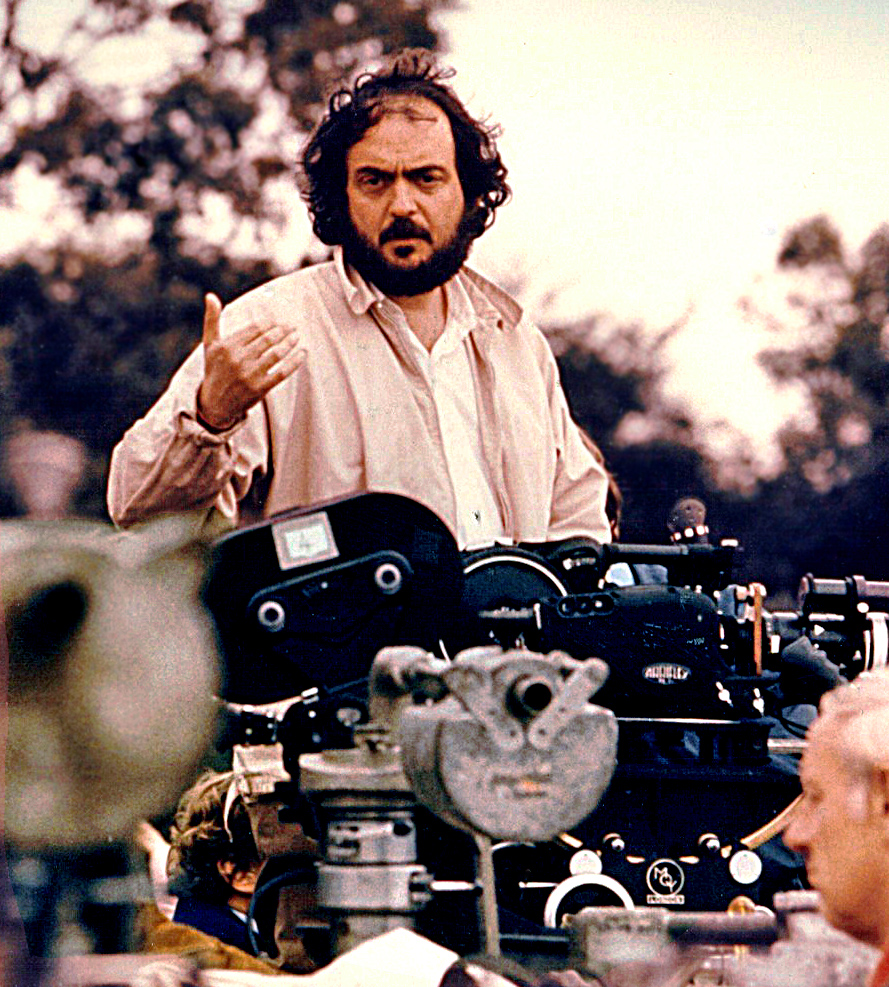
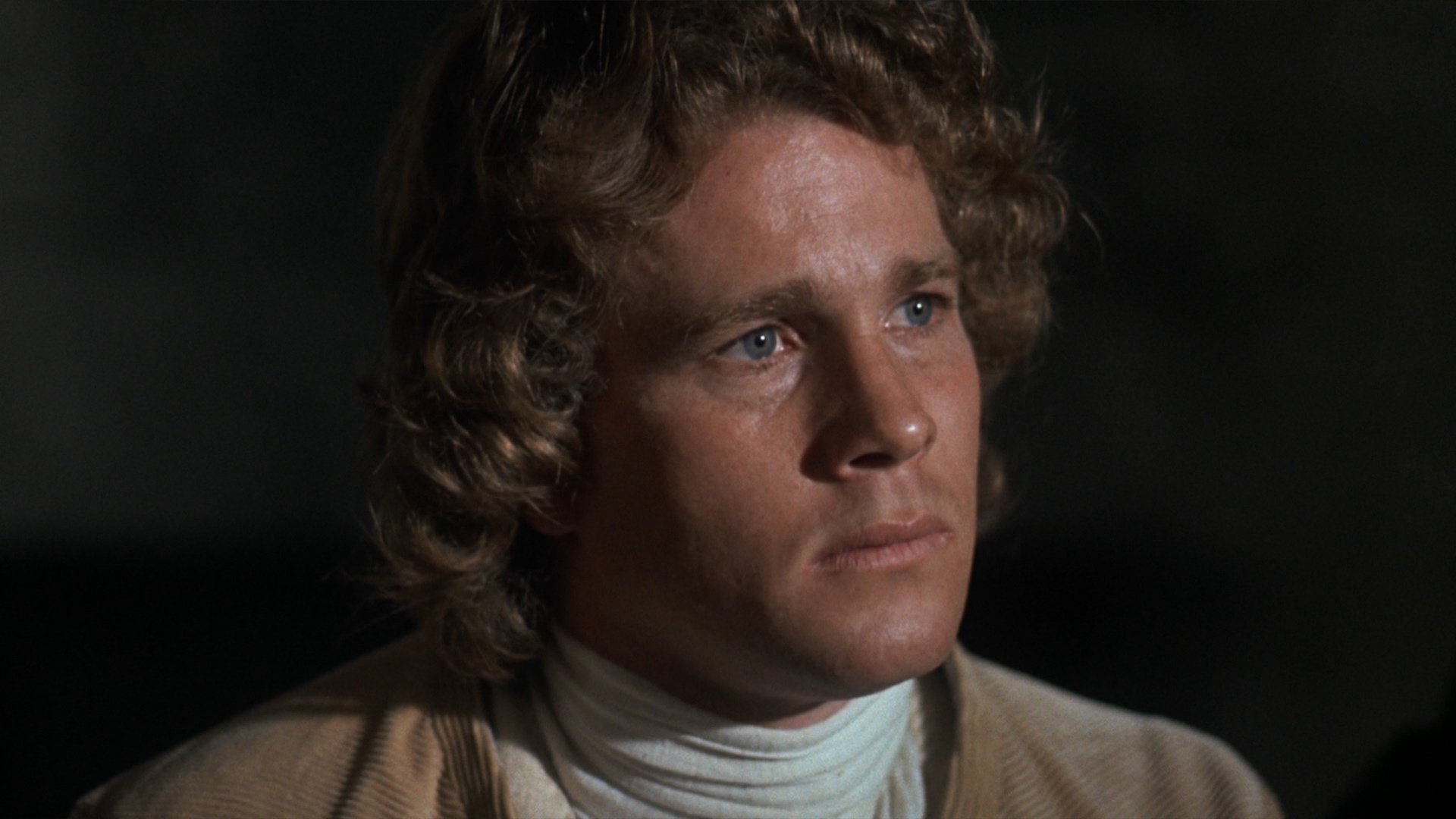
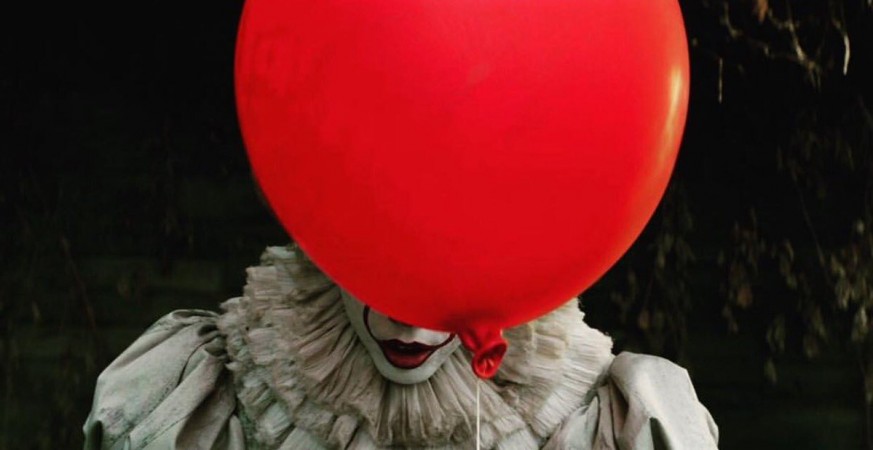




0 COMMENTS
WRITE COMMENT